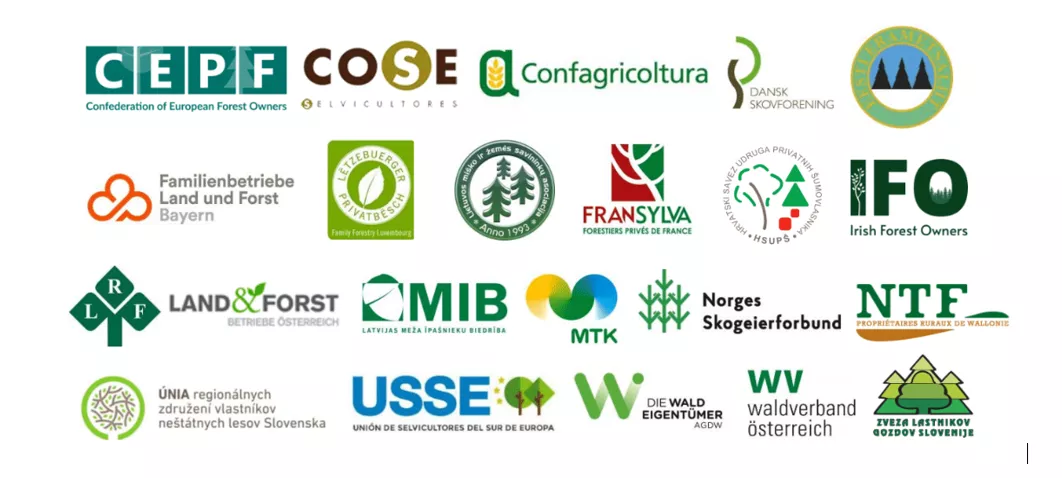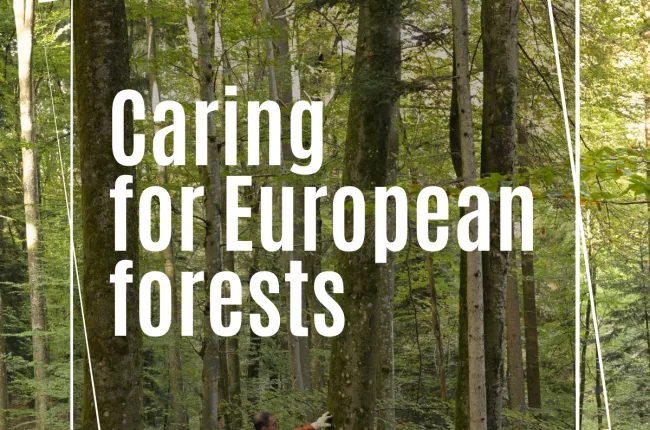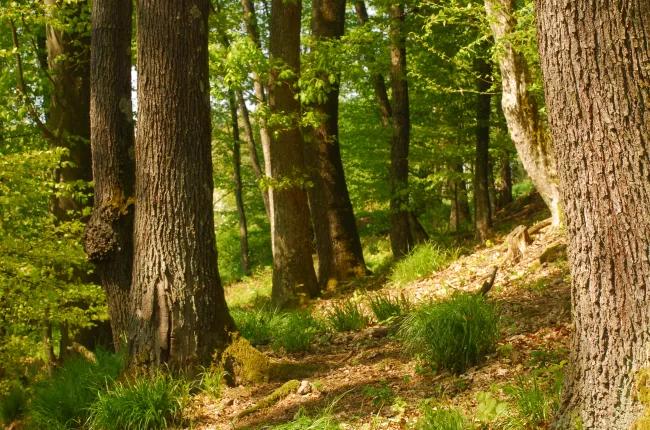European forest owners support the ambition of the European Commission in advancing restoration efforts as part of the EU Green Deal.
Since 2020, we have regularly contributed to the discussion on legally binding EU nature restoration targets and, back then, shared 10 key considerations to bear in mind for the legislative proposal.
At the eve of the vote on the proposal for an EU Regulation on Nature Restoration in the European Parliament, European forest owners are hopeful that this will be the “D-day for successful nature restoration”. The day when their concerns will be acknowledged and comprehensively addressed by seizing the opportunity to ask to rework the proposal or to significantly adapt it via appropriate amendments. This could make the Regulation a good tool for practice, considering forest owners as those having the best expertise to develop tailored-made restoration activities for each forest site, achieving a win-win situation: for nature and for forest owners.
To achieve the shared common goal of nature restoration, through an approach suitable to the ground, and endorsed by those responsible for the implementation, the following substantial adaptations of the Commission’s proposal are especially required:
- Prioritisation of actions and measures shall focus on already protected areas, such as Natura 2000 sites;
- Non-deterioration targets and requirements shall be pragmatic and shall not prevent sustainable forest management practices;
- Approaches to forest ecosystems shall be built on the diversity of the EU forests and include flexibility regarding indicators;
- National restoration plans (NRPs) shall be tailored-made, forward-looking, and involve forest owners at each stage of the process, via prior and informed consent. NRPs shall be subject to comprehensive impact assessment;
- Actual and sufficient financial and human resources shall be provided.
Main negative trends for pressures on forest ecosystems are related to the more frequent and more extreme natural disasters and spread of invasive alien species. These increasingly driving pressures should have been the ones primarily addressed by any fit to the ground restoration actions targeted at forest ecosystems. Resilient forests deliver ecosystem functions and services going far beyond biodiversity protection.
Forest owners are the first ones working to keep ever more resilient forests, continuing to permanently learn and adapt their management to changing conditions, and they will be the ones implementing and maintaining restoration actions. In this context, it has to be acknowledged that change in forest ecosystems takes time.
Unfortunately, the Commission’s proposal did not adequately reflect on this need for a dynamic approach to resilient forests, delivering on all their ecosystem services and functions to society.
In April 2023, European forest owners and managers re-iterated their key concerns and reflections for improvements in a joint statement, calling for promotion of credible measures that will deliver on the multiple benefits of resilient forests and strike an acceptable balance between different objectives of sustainable development.
European forest owners hope that the outcome of the vote on 12 July will address these crucial requirements of successful nature restoration through asking to rework the proposal or significantly adapting it





